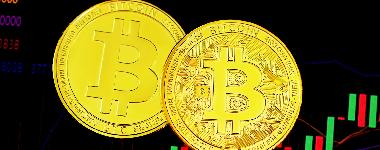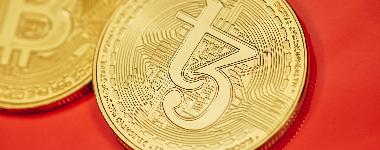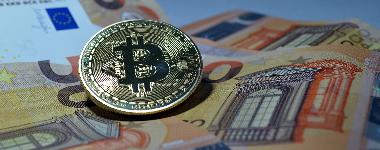Inflation Versus 10-Year Treasury Yields
We recently received the United States Bureau of Labor Statistics inflation data for the month of March, which came in at a red hot 8.56% year-over-year (marginally above the 8.4% consensus). As what seems to be in direct response to higher inflation and negative real yields, treasury markets continue to sell off with the 10-year rising to over 2.7%, up from 1.5% at the start of the year.
Together, the increasing inflation rate and the 10-year treasury yields create what we think is the most important macroeconomic chart right now. We continue to see a period of financial repression play out as inflation is magnitudes above bond yields, which produces guaranteed losses for investors who rely on these risk-free rates.
Even if we were to see CPI peak this month or in the coming months, we still expect an elevated level of inflation for all of 2022 and into 2023, well above the 2% inflation target and above the 10-year treasury yield.
CPI is well above the 2% inflation target and above the 10-year treasury yield.
On a month-over-month basis, total CPI reached its highest acceleration since 2005. Core CPI, which removes energy and food and is more closely watched by the Federal Reserve and markets, shows a month-over-month deceleration indicating that some inflation components could be turning over. With Core CPI coming in at 0.32% month-over-month, below the consensus of 0.5%, the bond market saw a small rally.
Ultimately, the cure to higher prices is higher prices. Eventually persistent inflation overwhelms consumers and their wallets which can lead to a much stronger deflationary impact playing out.
CPI year-over-year and monthly rate of change
CPI year-over-year and monthly rate of change without food and energy calculated
Actionable Info
While this is not a research product that gives explicit trading signals, we do frequently present our data-driven outlook across timeframes. Over the coming quarters, the chances of a recession in the U.S. as well as other areas of the globe look increasingly likely.
The world is in dire need of neutral, apolitical, programmatic money. The negative real-yield environment the economic system finds itself in today is an inescapable reality that comes in the late stages of a long-term debt cycle. Financial repression (negative real yields) is a way to (attempt to) erode the real value of the debts, at creditors'(bond holders') expense.
This is among the biggest reasons for our persistent uber-bullishness on bitcoin. The total addressable market for something like bitcoin (of which bitcoin is the only viable option because of node decentralization, immutability, hard-capped supply, immaculate conception and proof-of-work mining) is above $100 trillion ($100,000,000,000,000).
Bitcoin has a diminishing inflation rate programmed into its issuance.





- Leumi, through its digital investing platform Pepper Invest, seeks to be the first Israeli bank to offer trading of bitcoin and other cryptocurrencies.
- Pepper has partnered with U.S.-based custody and trading ...





